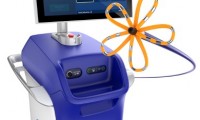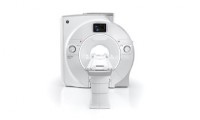-
Boston Scientific expects ‘dramatic shift’ to pulsed field ablation to fuel fast growth through 2026
- Source: drugdu
- 240
- September 25, 2023
-
GE HealthCare partners with Mayo Clinic to accelerate work on imaging and AI
- Source: drugdu
- 124
- September 18, 2023
-
Insulin pump-makers grapple with questions about GLP-1s
- Source: drugdu
- 101
- September 16, 2023
-
NYU Langone offers the highest-quality kidney and lung transplant programs in the nation, new U.S. data reveals
- Source: drugdu
- 103
- September 11, 2023
-
ECLS does not improve survival in patients with acute myocardial infarction complicated by cardiogenic shock
- Source: drugdu
- 114
- August 30, 2023
-
Medtronic’s dialysis device recall assigned to Class I by the FDA
- Source: drugdu
- 144
- August 18, 2023
-
Medtronic’s bid to dismiss heart device kickback claims fails, clearing case to advance
- Source: drugdu
- 234
- August 17, 2023
-
analysts
- Source: drugdu
- 171
- August 9, 2023
-
FDA Adopts New Sterilization Standard to Support Switch From Ethylene Oxide
- Source: drugdu
- 144
- July 28, 2023
-
BD Gains FDA Clearance to Relaunch Alaris Infusion Pump After Recalls
- Source: drugdu
- 245
- July 27, 2023
your submission has already been received.
OK
Subscribe
Please enter a valid Email address!
Submit
The most relevant industry news & insight will be sent to you every two weeks.













